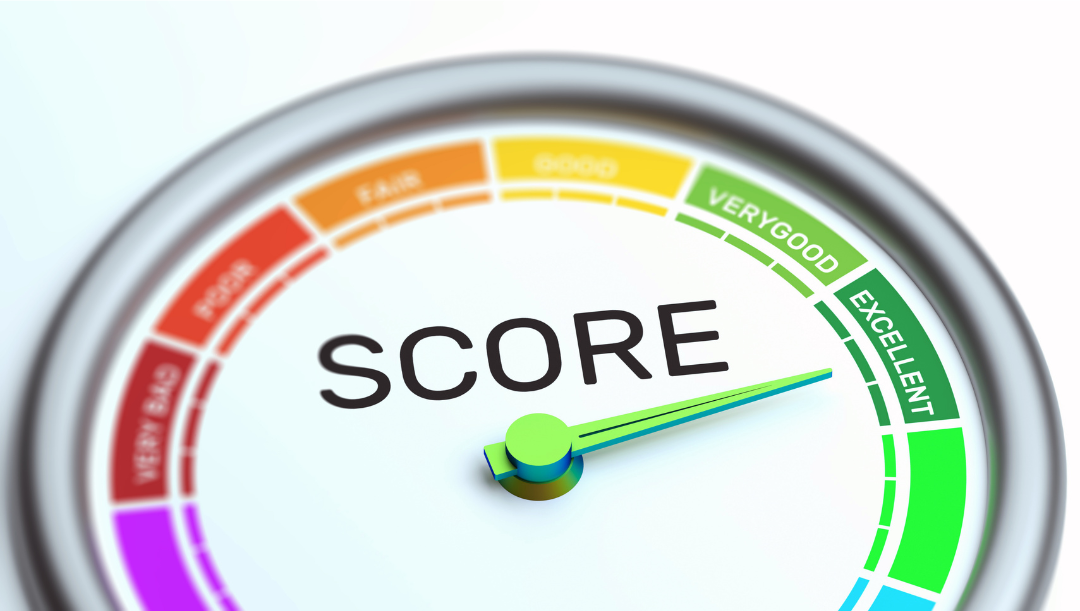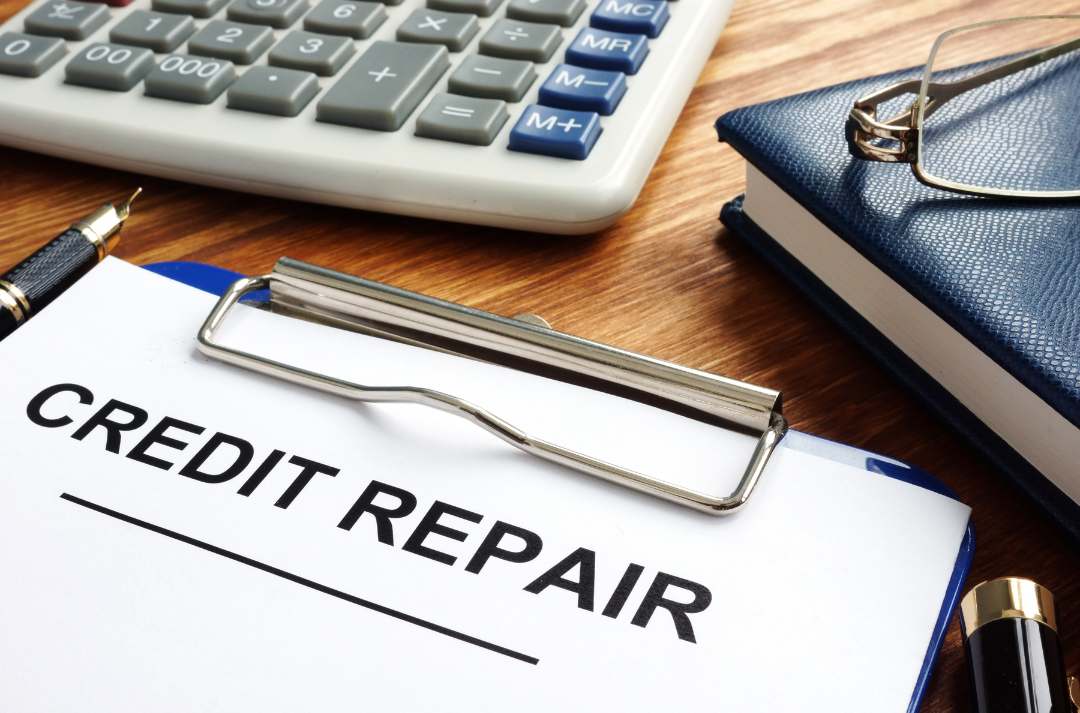In the intricate tapestry of real estate, one thread stands out as a determining factor in your homebuying journey - your credit score. As you embark on the path to homeownership, understanding the profound impact of your credit score is paramount. This article will unravel the mysteries surrounding credit scores and highlight the significance they hold in the process of purchasing a home.

What is a Credit Score?
A credit score is a numerical representation of an individual's creditworthiness, serving as a tool for lenders to assess the risk associated with extending credit to that person. It's essentially a three-digit number that reflects an individual's credit history and financial behavior. The score is generated based on various factors, including but not limited to:
Payment History: This accounts for your track record of making timely payments on credit accounts, loans, and bills.
Credit Utilization: The ratio of your current credit card balances to your credit limits is considered. Lower ratios are generally more favorable.
Length of Credit History: The duration for which you've had credit accounts plays a role. A longer credit history can positively impact your score.
Types of Credit: The variety of credit accounts you have, such as credit cards, mortgages, and installment loans, is taken into account.
New Credit: Opening multiple new credit accounts in a short period may be viewed as a potential risk.
Credit scores typically range from 300 to 850, with higher scores indicating better creditworthiness. Lenders use these scores to determine the interest rates, loan terms, and credit limits offered to individuals. A higher credit score opens doors to more favorable financial opportunities, while a lower score may result in higher interest rates or difficulty obtaining credit. Managing your credit responsibly and maintaining a positive credit history are key to achieving and maintaining a good credit score.

The Credit Score and Mortgage Approval
Your credit score plays a pivotal role in determining your ability to secure a mortgage. Lenders use your credit score as a key factor in assessing the level of risk associated with lending you money for a home purchase. Here's how your credit score impacts your ability to secure a mortgage:
Mortgage Approval:
- Higher Credit Score: A higher credit score generally increases your chances of mortgage approval. Lenders view individuals with higher credit scores as less risky borrowers, making them more likely to approve the loan.
- Lower Credit Score: Conversely, a lower credit score may pose challenges in securing mortgage approval. Lenders may be more cautious, and you might face higher interest rates or stricter loan terms.
Interest Rates:
- Higher Credit Score: A higher credit score often translates to lower interest rates. Lenders consider individuals with good or excellent credit as lower-risk borrowers, and, as a result, they may offer more favorable interest rates.
- Lower Credit Score: If your credit score is lower, lenders may perceive you as a higher risk, leading to higher interest rates. This means you could end up paying more over the life of the loan.
Loan Terms:
- Higher Credit Score: Individuals with higher credit scores may have access to more favorable loan terms, such as lower down payment requirements and reduced fees.
- Lower Credit Score: Lower credit scores might result in less favorable loan terms, including higher down payment requirements and additional fees.
Loan Amounts:
- Higher Credit Score: With a higher credit score, lenders may be more willing to approve larger loan amounts, giving you greater purchasing power.
- Lower Credit Score: A lower credit score could limit the amount you can borrow, potentially restricting your options in the housing market.
Overall Mortgage Costs:
- Higher Credit Score: Borrowers with higher credit scores typically enjoy lower overall mortgage costs due to lower interest rates and more favorable terms.
- Lower Credit Score: A lower credit score may lead to higher overall mortgage costs, making homeownership more expensive over time.
In essence, a good credit score can open doors to more favorable mortgage options, while a lower credit score may result in fewer choices and potentially higher costs. It's crucial to maintain a positive credit history and manage your finances responsibly to enhance your creditworthiness when seeking a mortgage.

Credit Repair Strategies
Improving your credit score requires a combination of strategic financial habits and proactive measures. Here are some effective credit repair strategies to boost your score:
Check Your Credit Report:
- Regularly review your credit reports from major credit bureaus (Equifax, Experian, TransUnion). Look for errors, inaccuracies, or fraudulent activities that could be negatively impacting your score.
Address Errors and Disputes:
- If you find inaccuracies on your credit report, dispute them with the credit bureau. Provide evidence and documentation to support your claim and ensure corrections are made promptly.
Pay Bills on Time:
- Payment history is a significant factor in credit scores. Ensure that you pay all your bills, including credit cards, loans, and utility bills, on time. Set up reminders or automatic payments to avoid missing deadlines.
Reduce Credit Card Balances:
- Aim to lower your credit card balances, especially if they are close to the credit limit. High credit utilization can negatively impact your score. Strive to keep your credit card balances well below the credit limit.
Avoid Opening Too Many Accounts:
- Opening multiple new credit accounts in a short period can be perceived as risky behavior. Space out any new credit applications and only open accounts when necessary.
Diversify Your Credit Mix:
- Having a mix of different types of credit (credit cards, installment loans, mortgages) can positively impact your credit score. However, don't open new accounts just for the sake of diversity.
Become an Authorized User:
- If someone with a good credit history is willing to add you as an authorized user on their credit card, it can potentially benefit your credit score. Ensure the account is in good standing before becoming an authorized user.
Negotiate with Creditors:
- If you're facing financial challenges, consider negotiating with your creditors. They may be willing to work with you on a payment plan or adjust the terms of your existing debt.
Pay Off Collections:
- If you have accounts in collections, work on paying them off. While the impact of collections diminishes over time, resolving them can positively affect your credit score.
Build a Positive Credit History:
- Establishing a positive credit history takes time. Consistently demonstrating responsible credit behavior will contribute to long-term improvements in your credit score.
Seek Professional Help:
- If your credit situation is complex, consider seeking assistance from credit counseling agencies or credit repair services. Ensure you choose reputable organizations with a track record of helping individuals improve their credit.

Remember that improving your credit score is a gradual process, requiring commitment and discipline. By implementing these strategies and maintaining a positive credit history, you empower yourself to navigate the real estate market with confidence and make informed decisions on the path to homeownership. As you embark on this journey, celebrate the small victories, for each positive step brings you closer to the doors of opportunity that a good credit score can open in the realm of real estate.
Posted by Infinity Admin on

Leave A Comment